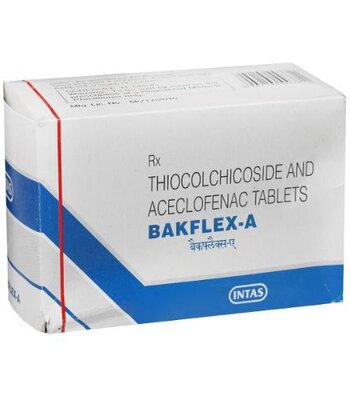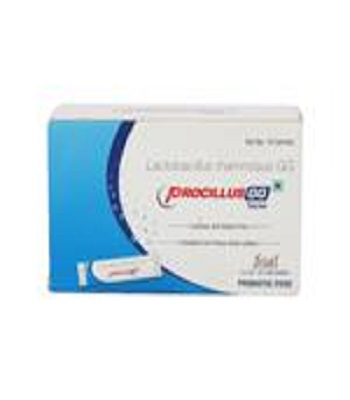Cardace AM 2.5 Tablet 10'S
INR 109.19INR 109.19
Category :
Sub Category :
MG Details :
AMLODIPINE BESYLATE 5MG+RAMIPRIL 2.50MG
Packing :
10
Mfr by:
Sanofi India Limited
Country of Origin:
NA
What CARDACE AM 2.5/5MG is used for?
CARDACE AM 2.5/5MG is used to treat high blood pressure (hypertension)
Talk to your doctor before taking this medicine, if you:
Are allergic to Ramipril, Amlodipine, any other calcium antagonist or ACE inhibitor medicines or any of the other ingredients of this medicine
Have heart problems such as severe narrowing of the aortic heart valve (aortic stenosis) or cardiogenic shock (a condition where your heart is unable to supply enough blood to the body)
Have diabetes
Have liver or kidney problems
Have severe increase in blood pressure (Hypertensive crisis)
Have lost a lot of body salts or fluids
Are going to have treatment to reduce your allergy to bee or wasp stings (desensitization)
Have high amounts of potassium in your blood
Have collagen vascular disease such as scleroderma or systemic lupus erythematosus
Are alcoholic
Always take this medicine exactly as your doctor has told you
Take this medicine once at the same time of the day each day, before or after meal
Swallow the medicine whole with water
Do not take this medicine with grapefruit juice
Your doctor will decide on the correct dose for you
If you take more CARDACE AM 2.5/5MG
If you take more CARDACE AM 2.5/5MG, contact the nearest hospital or tell your doctor immediately
If you forget to take CARDACE AM 2.5/5MG
If you forget to take a dose of CARDACE AM 2.5/5MG, take the next dose at the usual time
Do not take a double dose to make up for a forgotten dose
If you stop taking CARDACE AM 2.5/5MG
Your doctor will advise you how long to take your medicine. You should discuss with your doctor before you stop taking CARDACE AM 2.5/5MG
Like all medicines, this medicine can cause side effects, although not everybody gets them.
Allergic reaction such as swelling of the face, lips, mouth, tongue or throat
Difficulty in breathing
Severe dizziness or fainting
Unusual fast or irregular heartbeat
Tell your doctor if you are taking medicines such as:
Ibuprofen or indomethacin and acetylsalicylic acid used to relieve pain and inflammation
Ephedrine, noradrenaline or adrenaline used for the treatment of low blood pressure, shock, cardiac failure, asthma or allergies
Rifampicin (used to treat tuberculosis)
Medicines for cancer (chemotherapy)
Ciclosporin medicines used to stop the rejection of organs after a transplant
Medicine such as diuretics
Medicines which can increase the amount of potassium in your blood such as spironolactone, triamterene, amiloride, potassium salts
Heparin used to prevent blood clots
Prednisolone used for inflammation
Allopurinol (used to lower the uric acid in your blood)
Procainamide (for heart rhythm problems)
Ketoconazole, itraconazole (used to treat fungal infections)
Erythromycin, clarithromycin (used to treat certain bacterial infections)
Ritonavir, indinavir, nelfinavir (used to treat HIV infected patients)
Verapamil, diltiazem (for the treatment of certain heart disease and high blood pressure)
Dantrolene (infusion for severe body temperature abnormalities)
Simvastatin (medicine to reduce cholesterol)
Storage
Keep this medicine out of reach of children
Do not use this medicine after the expiry date
Store at room temperature (15-25ºC)
Disclaimer:
The contents of this website are for informational purposes only and not intended to be a substitute for professional medical advice, diagnosis, or treatment. Please seek the advice of a physician or other qualified health provider with any questions you may have regarding a medical condition. Do not disregard professional medical advice or delay in seeking it because of something you have read on this website.












